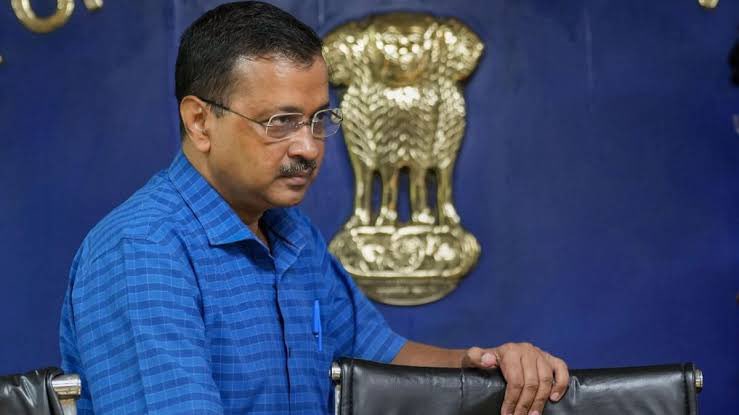the Delhi liquor policy case as Arvind Kejriwal, Delhi’s Chief Minister, refuses to comply with Enforcement Directorate summons, citing political motivations. Explore the escalating dispute, legal ramifications, and political implications in this evolving saga involving the AAP and the ED.
In the latest developments regarding the Delhi liquor policy case, Delhi’s Chief Minister, Arvind Kejriwal, has chosen not to appear before the Enforcement Directorate (ED) today. Citing the notice from the ED as “illegal and politically motivated,” Kejriwal wrote a letter to the central probe agency requesting the withdrawal of the summons.
Arvind Kejriwal
Originally scheduled to provide his statement at the ED’s Delhi office at 11 am, Kejriwal opted out, prompting discussions of potential further summons. However, with his commitment to campaign for the Aam Aadmi Party (AAP) in Madhya Pradesh ahead of the state election, the situation is escalating.
This move isn’t without consequences. While an individual can evade ED summons thrice, subsequent actions may include the issuance of a non-bailable warrant or summons under the stringent Prevention of Money Laundering Act (PMLA). In response, Kejriwal has the option to seek pre-arrest bail and challenge the summons through legal avenues.
In the letter addressed to the ED, Kejriwal vehemently opposed the summons, questioning its lack of specificity regarding his role—whether it pertains to him as an individual, the Chief Minister of Delhi, or the National Convenor of AAP. He alleged that the summons appeared more like an exploratory investigation.
The AAP has expressed its concerns, suggesting that the central authorities are pursuing Kejriwal in what they believe is a politically driven case.
The case against AAP leaders gained momentum after the Supreme Court dismissed bail for Manish Sisodia, citing a tentative money trail of ₹338 crore. This sum is linked to the earnings of private entities who obtained a liquor license under a now-defunct policy, alleged to be proceeds of illicit activities.
In response to Kejriwal’s defiance, the BJP rebutted, emphasizing the court’s decision and highlighting accusations of corruption. They indicated that the matter goes beyond political lines, as even the Congress has accused the Kejriwal government of malpractice.
The ED’s actions were criticized by AAP’s Delhi minister, Saurabh Bharadwaj, who condemned the agency’s unilateral approach, suggesting a lack of adherence to due process.
The ongoing accusations of corruption revolve around the formulation of a new liquor sales policy, which came under scrutiny following reported rule violations in 2022. This led to further investigation by the Central Bureau of Investigation (CBI) at the behest of Delhi’s Lieutenant Governor VK Saxena.
Should Kejriwal face arrest, he would be the third senior AAP figure implicated in the liquor policy case. Previously, Manish Sisodia and Rajya Sabha MP Sanjay Singh were detained, with Delhi Minister Satyendar Jain having also faced arrest in a separate money laundering case.
The situation continues to unfold, with political tensions on the rise and legal battles looming for the involved parties.
Read More NEWS
